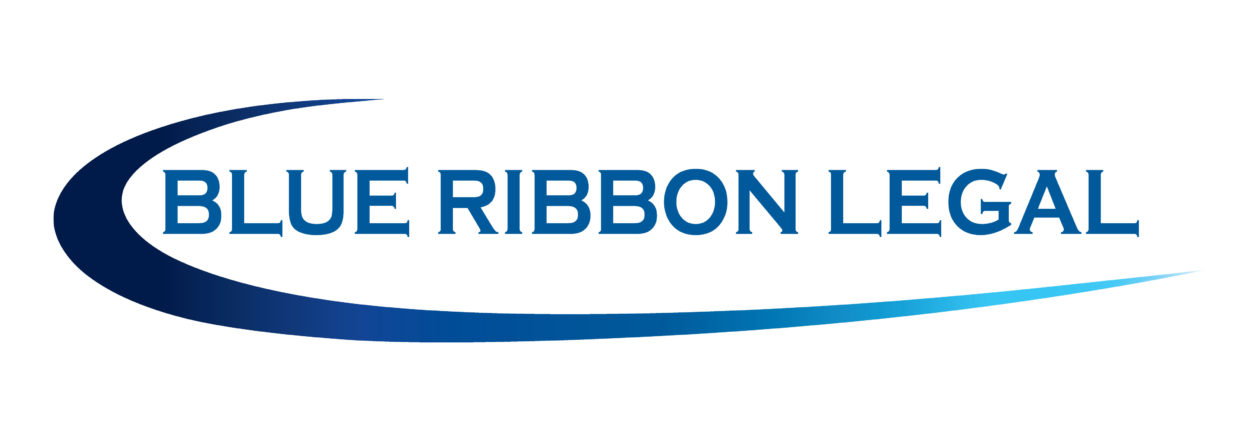

The Local Court, in the case of Tripodi v JT Law & Tomaras [2021] NSWLC 2, recently was required to consider whether barristers fees were recoverable against the solicitor or the lay client. This is a matter that Magistrate Antrum described as a “cautionary tale for all legal practitioners”.
The Plaintiff, a barrister, commenced proceedings against the Defendants being a law firm and the solicitor principal of the firm for non-payment of fees. The Plaintiff’s position was that work was performed at the request of the Defendants. The Defendants’ position was that the Plaintiff had been instructed by the client by way of direct retainer.
It was on that basis that the Court had to consider the dispute.
Essentially, there had been a breakdown between the Plaintiff and the Defendants in the case with the Defendants taking the view that the Plaintiff had been excluding the Defendants from the case and case preparation and that the relationship was a barrister–direct client rather than a barrister–solicitor relationship. In support, the Defendants relied on conduct including that the client had been liaising with the Plaintiff directly and – crucially to the Defendants case – had been paying fees directly to the Plaintiff on demand. The Plaintiff’s position was that he was always instructed by the Defendants as per the costs agreement.
The Court relied, in part on Dimos v Hanos & Egan [2001] VSC 173 – ‘in the absence of any contrary evidence, the retention of the barrister would result in a contract between the barrister and the solicitor.’
The Court then noted as per Dimos that if the solicitor wanted to instruct counsel on any alternative basis they could and ought to, ‘negotiate what terms he or she thinks appropriate and may negotiate an agreement between the barrister and the client.’ The Court noted that this did not take place in the instant case.
Further, the Court in relation to the breakdown in the professional relationship stated that the same ought to have been addressed at the time of the breakdown, and that,
“Disputes between solicitors and barristers do not enhance the reputation of the profession and pull at the fabric of public confidence of the profession generally. It was one of the reasons why costs agreements became an essential component of the retainer of solicitors and barristers by clients”
In this matter there was a costs agreement between the Plaintiff and the Defendants, and the Court referred to s.180 of the Legal Profession Uniform Law (NSW) which establishes that costs agreements must be evidenced in writing, and can be accepted in writing or by other conduct. The costs agreement in this case set out that the agreement was between the Plaintiff and First Defendant, and crucially that
“the solicitors propose to retain the barrister on behalf of a client or clients of the solicitors. This is a costs agreement between the barrister and the solicitors under the Legal Profession Uniform Law.”
The costs agreement did not require the solicitors to be put in funds, or if invoices were issued directly the costs agreement made it clear that the Plaintiff was instructed by the Defendants for a client. The Court addressed the almost one-sided nature of the agreement stating:
“it is not as if the Defendants are unsophisticated parties. As lawyers, they would have been, or should have been, at all times aware of the liability they accrued to the Plaintiff when they entered into that costs agreement.”
The Court finally referred to Rule 35 of the Solicitors Conduct Rules:
Contracting with Third Parties
35.1 If a solicitor instructs a third party on behalf of the client, and the solicitor is not intending to accept personal liability for payment of the third party’s fees, the solicitor must advise the third party in advance.
The Court found that there was no evidence that the Defendants had provided such notification to the Plaintiff or their client.
The Court ultimately held that the Defendants had entered into a costs agreement with the Plaintiff, and that the law firm was liable for his fees. As a slight post script, the Plaintiff had sought to establish liability against the principal of the firm, but the Court rejected the same in part relying on the costs agreement.
It is clear from the judgment that the terms of any retainer or costs agreement between any third party including barristers, medical expert or any other expert can and indeed should be carefully considered and if appropriate negotiated between solicitor and the contracting party prior to the work being undertaken. As noted, acceptance of the costs agreement can be in writing or conduct. If there is any reason why the costs agreement ought to be amended this ought to be addressed at the outset. The Court will look to the costs agreement or contractual terms that were made at the beginning of the case than rather to try and unpick the intention or the conduct of the parties as the case continues. As Magistrate Antrum LCM stated that there is nothing that
“prohibits the entering into of agreements and other commercial relationships which modify the traditional relationships between the two branches of what was once called “the divided profession”.
Gareth Jones, Associate, UK